By Swill Mavua.
In Nigeria, the relationship between the media and the political class is multifaceted. Mainstream media often find themselves aligned with the interests of the political elite, – and of course, ownership interest – raising questions about their ability to serve as a watchdog for the public interest.
This fact became highly glaring when mainstream media in Nigeria, came under heavy criticism for its role in the 2023 presidential election, and for prioritizing the interests of the political class over their primary responsibility of informing, educating, and entertaining the masses. This alignment, no doubt, has since led to a lack of critical reporting on government actions and policies, potentially perpetuating poor governance.
In the mainstream media shortfall, social media has played a crucial role in giving voice to the masses in Nigeria. Without social media, the voices of ordinary citizens might have remained silenced or marginalized. Social media platforms have enabled Nigerians to express their opinions, share their experiences, and mobilize around issues that affect them. This has been particularly important in calling out leaders for accountability and pushing for transparency; something which the politicians are not too comfortable with.
As a result, the political leadership in Nigeria has shown more than enough interest in regulating or “gaging” social media, ostensibly for reasons of national security, hate speech control, or maintaining law and order. Critics, however, argue that the real motive behind such attempts is to limit dissenting voices and control the narrative around government actions. By restricting social media, political leaders might seek to minimize scrutiny and maintain power with less accountability.
Having apparently been so biased towards ownership cum political leadership interest, mainstream media in Nigeria stand accused of abandoning their core responsibilities in favour of promoting the interests of the political class. This connivance has perpetuated poor governance and contributes to the challenges facing the country. By failing to hold leaders accountable and instead promoting their interests, mainstream media practitioners may have been contributing to the rot in governance. Matters are not helped by the fact these media practitioners are poorly remunerated in the country.
The dynamics between the media and the political class in Nigeria have significant implications for governance and accountability. When media outlets prioritize political interests over public interest, it can lead to less transparency and accountability in government. Social media, however, has shown the potential to counterbalance this by providing a platform for diverse voices and perspectives.
By understanding these dynamics, Nigerians can better navigate the media landscape and demand accountability from both the political class and media outlets.


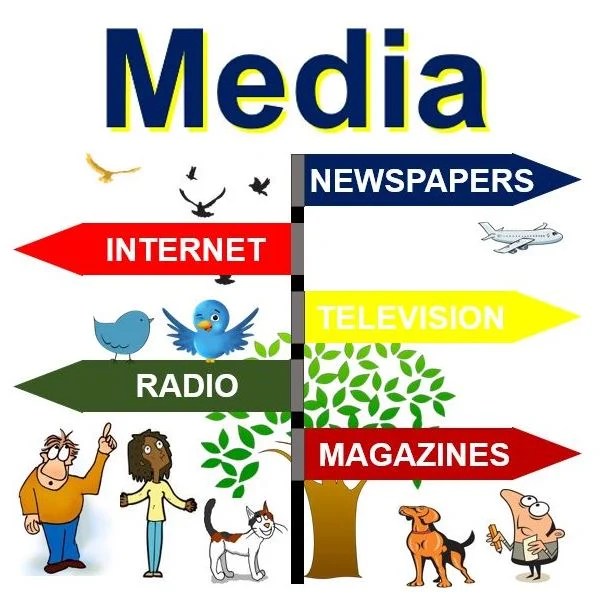
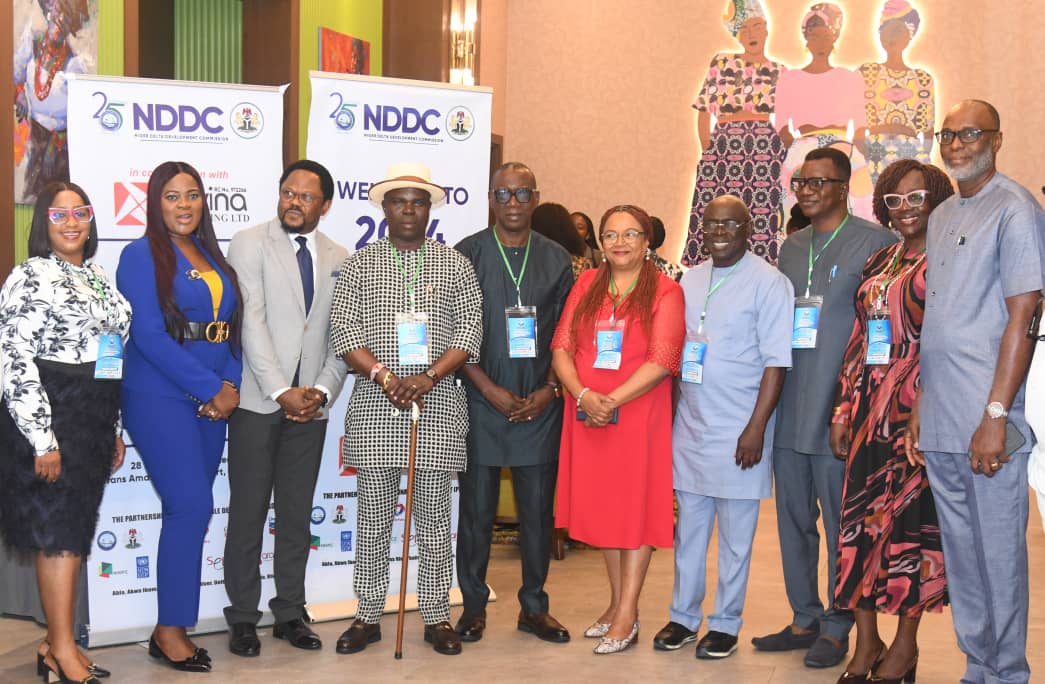

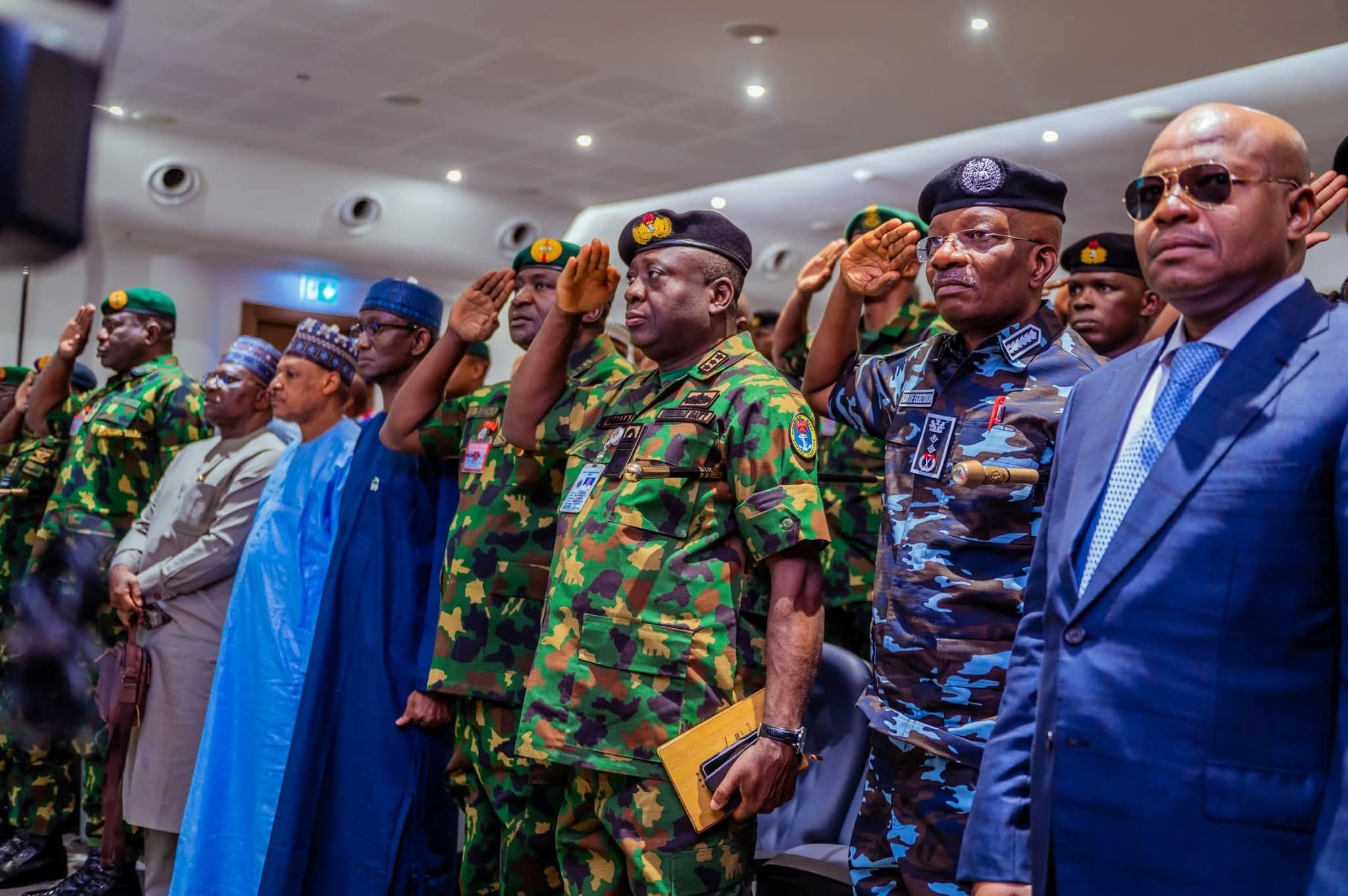
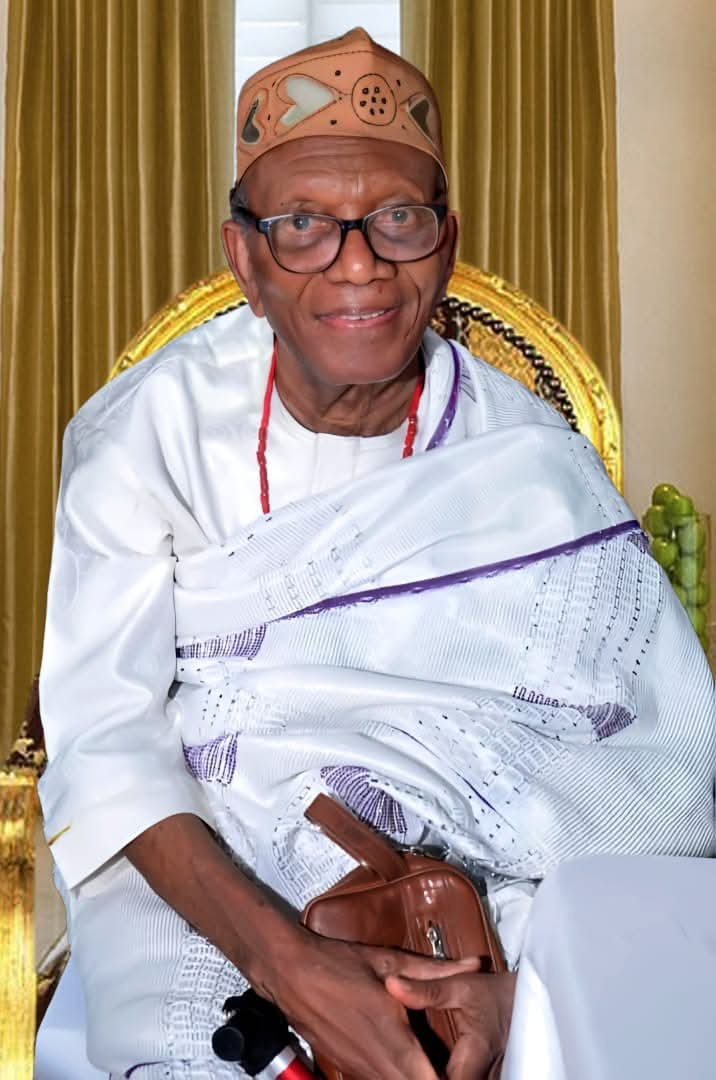
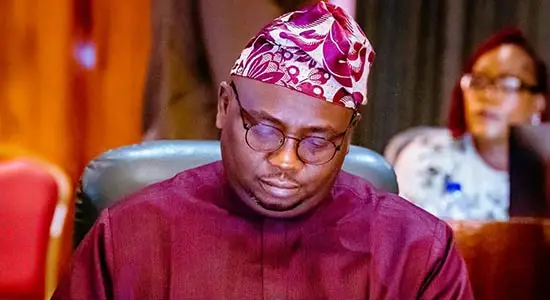
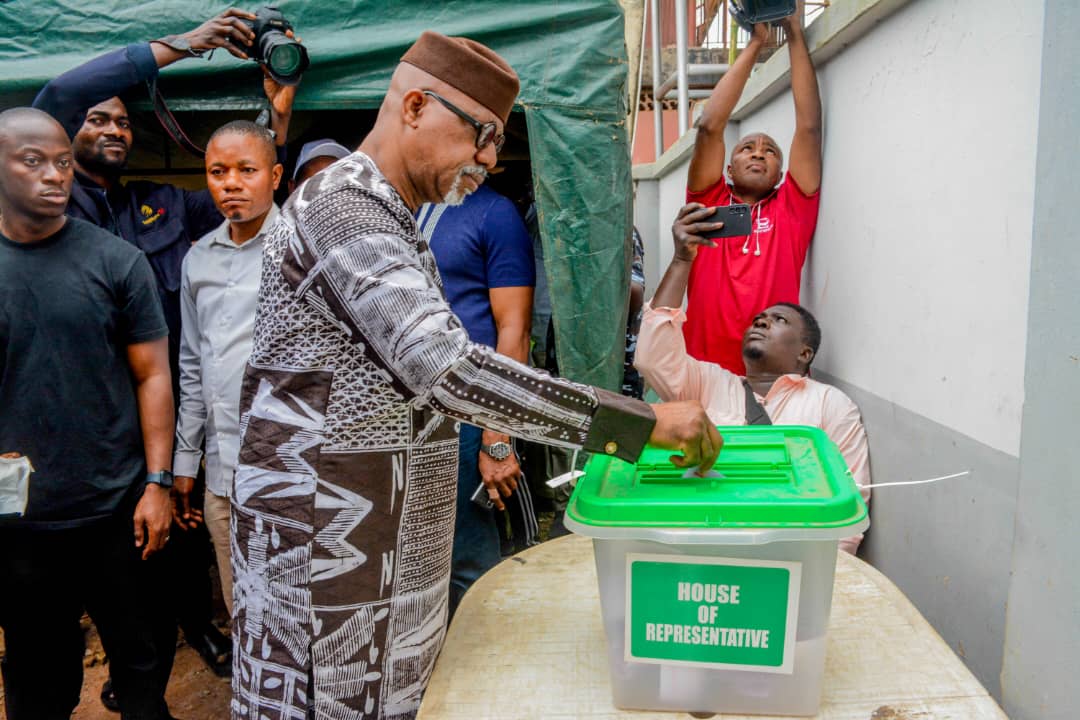

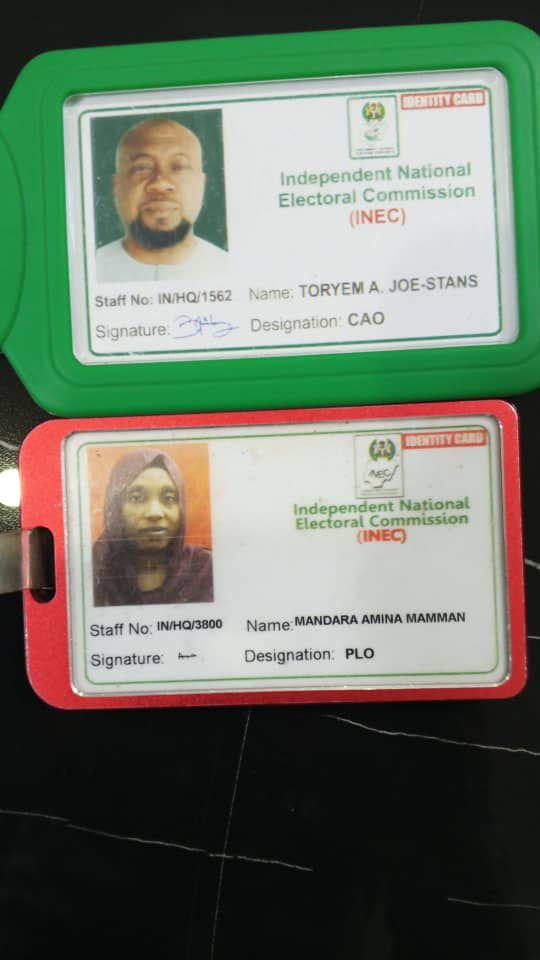
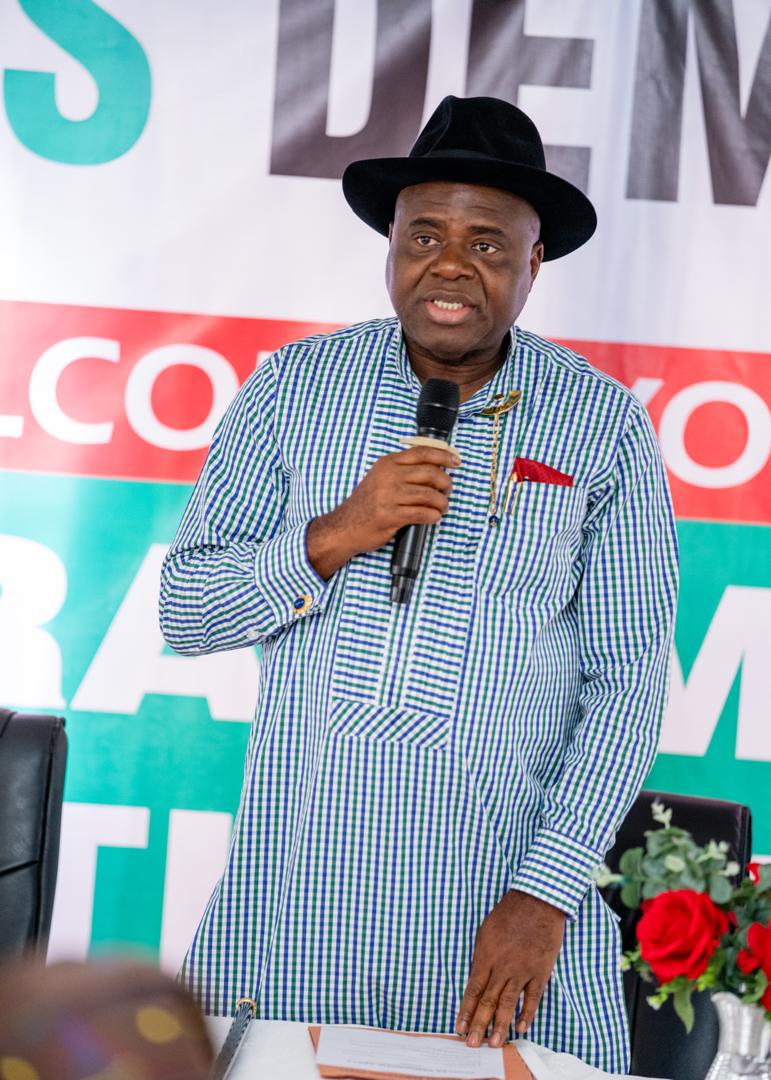
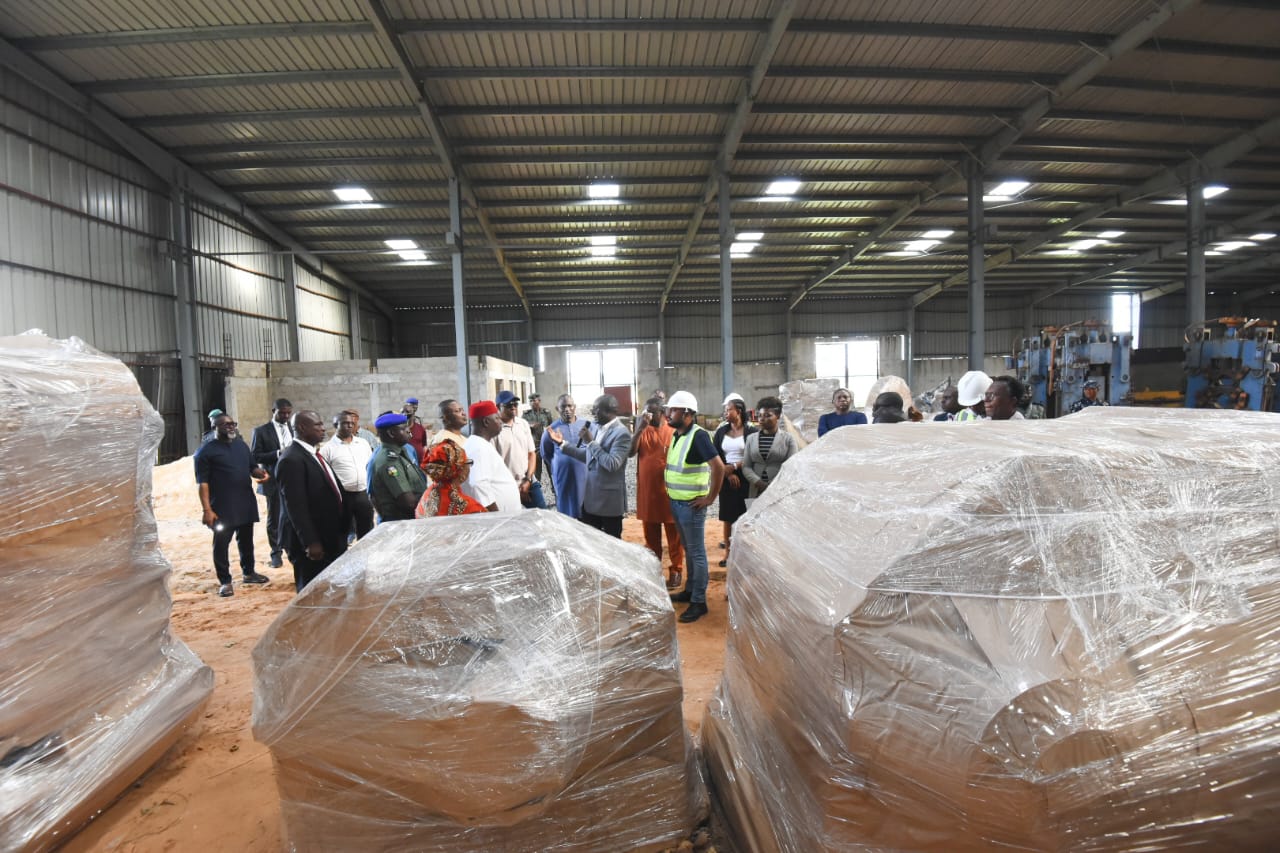
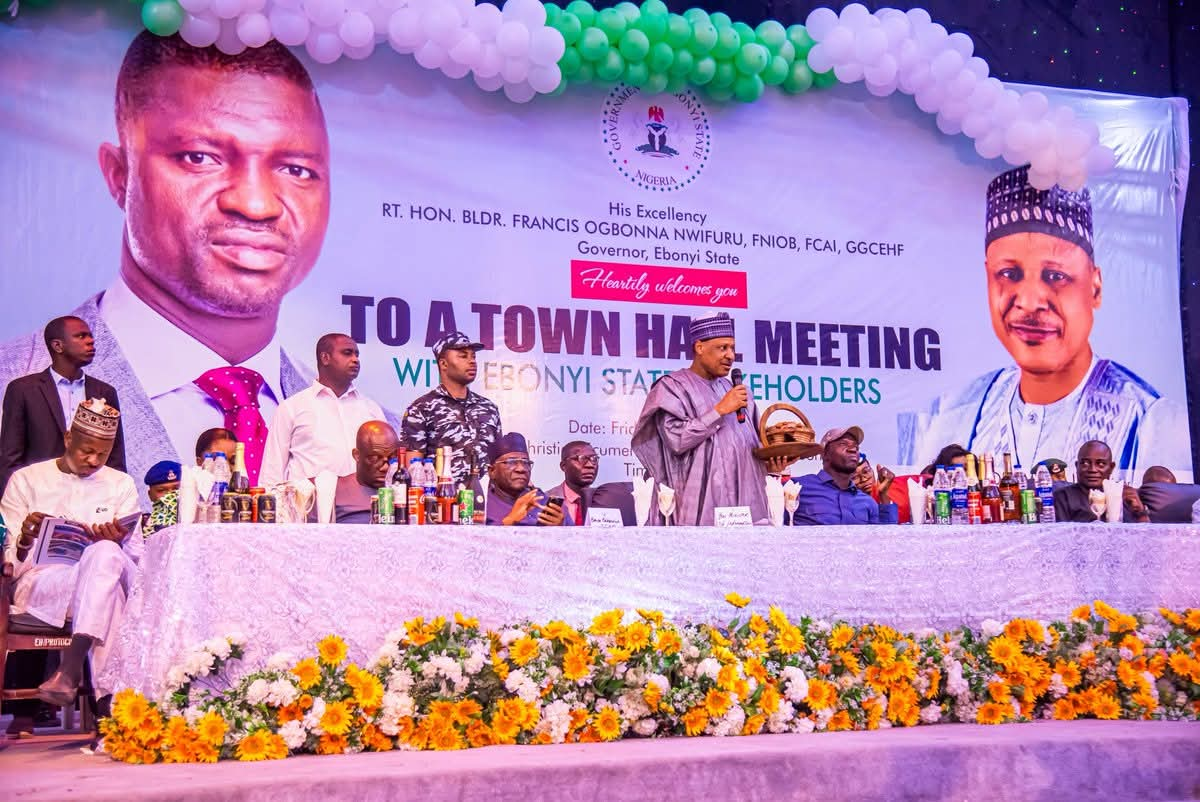
Leave a Reply